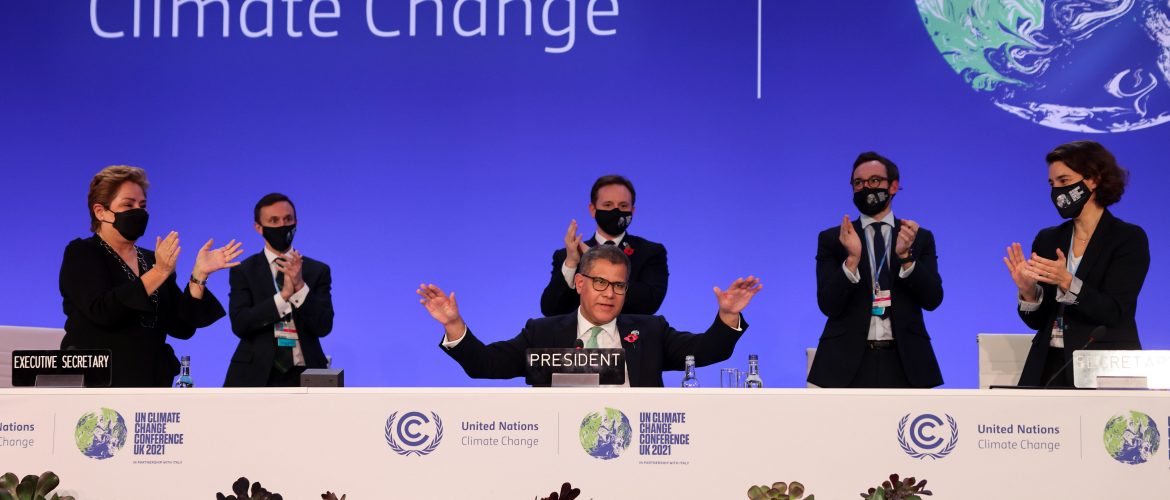Nikos Mantzaris participated in an online event of the Hellenic branch of the International Law Association (ILA), titled “Leaving Glasgow (COP 26): The new challenges for the goal of climate neutrality” on December 16, 2021.
The event was coordinated by Emmanuella Doussis, Professor of the Department of Political Science and Public Administration of the National and Kapodistrian University of Athens and UNESCO Chairholder on Climate Diplomacy. Costas Kartalis, Professor at the Department of Physics of NKUA, member of the UN body for the implementation of the Climate Convention and the Paris Agreement, Maria Gavouneli, Professor of International Law at the Law School of NKUA, President of National Commission for Human Rights and Anna Vafiadou, lawyer and legal associate at WWF Hellas also participated in the discussion.
In his first speech, Nikos Mantzaris referred to the challenges and open questions for 2022, taking into account the outcome of COP26. In particular, he referred to the need for more ambitious commitments by states around the world, with an emphasis on 2030, where the largest deficit was observed at Glasgow. Particularly in Europe, which is leading the global effort to contain the climate crisis, increasing ambition can be achieved in two ways in 2022. On the one hand, at European Union level with the “Fit for 55” legislative package, which will align the Union’s sectoral policies with its commitments to reduce its net emissions (EU-27) by at least 55% by 2030 compared to 1990 levels. On the other hand, by increasing climate ambition at a Member State level, as in the case of Germany which has already committed to a 65% reduction by 2030 or France which will decide in 2022 on a climate target of -50% to -52% by 2030.
Better climate performance will also be achieved through coal phase out, provided there is a transition to truly sustainable solutions, with the development of RES and energy storage infrastructure, rather than a shift to fossil gas. This transition, which is already taking place in Greece and will proceed to other EU Member States in 2022, should take place in a socially just way, respecting the spirit of the European Green Deal.
In his second speech, Nikos Mantzaris presented the main points of the Greek national climate law that has been put to consultation, until January 28, 2022. Specifically, he mentioned the goal of climate neutrality by 2050, but also the interim goals for reducing the country’s emissions for 2030 and 2040. As the involvement of the whole economy is necessary, he also referred to the five-year sectoral carbon budgets provided for seven sectors of the Greek economy. He made a special reference to the electricity generation sector, recalling the commitment to complete phase out lignite by 2028, with a review clause in 2023 to accelerate it. He then mentioned other general and specific measures provided for mitigating and adapting to climate change, as well as provisions for various consultation processes and the enhancement of community participation, which are also included in the draft law. As a closing remark he summarized the negative points of the draft law.
You can watch Nikos Mantzaris first speech (in Greek) here:
And his second one (in Greek) here:
You can also watch the whole event (in Greek) here.



















































































































































































































































































































